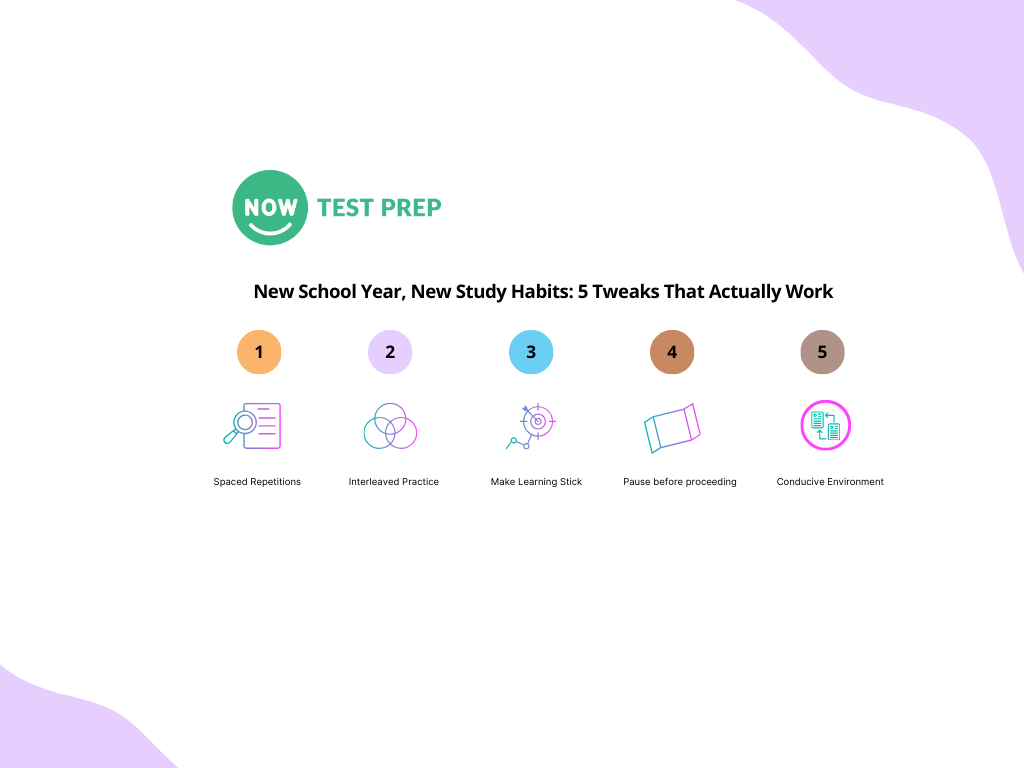Growth Mindset: What Can We Say To Build Student Motivation?
We all want to motivate students and give them persevere through challenges. We want to cheer them on, make them feel proud, and help them believe in themselves. But when it comes to praise, what we say—and how we say it—matters more than we realize.
For decades, researchers have studied what truly fosters motivation in learners. And the findings are clear: the kind of praise we give can either build a student’s motivation—or quietly chip away at it.
The Problem with “You’re So Smart”
At first glance, praising a student’s intelligence might seem like a confidence boost. It feels good. But research shows that telling students they’re “naturally gifted” or “just smart” can backfire, especially when challenges arise.
Why? Because it encourages a fixed mindset: the belief that ability is innate and unchangeable. Students with this mindset often avoid difficult tasks, fearing that struggle means failure. And when things get tough, they’re more likely to give up or disengage, believing they’ve hit the limits of their intelligence.
Worse, they may start to tie their self-worth to being “smart”—so much so that they avoid taking risks, resist feedback, and even hide their mistakes.
The Power of Effort-Based Praise
What works better? Praise that focuses on effort, strategies, persistence, and growth.
Instead of saying, “You’re so good at this,” try:
- “You really stuck with that problem until it made sense.”
- “I like how you used lots of strategies here until you found one that worked—what made you think to try it?”
- “You’ve improved so much because you kept practicing.”
This type of praise fosters a growth mindset, the belief that abilities can be developed through hard work, learning, and resilience. And this growth mindset changes everything.
Students with a growth mindset are more willing to take on challenges, more likely to recover from failure, and more motivated to keep learning, even when it’s hard.
What the Research Shows
In Carol Dweck’s landmark study, students were given a series of puzzles. Half were praised for their intelligence (“You must be smart”), and the other half for their effort (“You must have worked hard”). When faced with a tougher round of problems, the effort-praised group showed more persistence, performed better, and enjoyed the challenge. The intelligence-praised group, by contrast, quickly lost confidence and did worse than before.
Even more telling: nearly 40% of the intelligence-praised students later lied about their scores. Only 10% of the effort-praised group did the same.
Why? Because when success equals being smart, failure feels like being exposed.
Building Resilience Starts with Language
We’ve seen firsthand how process praise helps students thrive not just in tests, but in life. When we focus on what students do (rather than what they are), we give them tools to navigate challenges, bounce back from setbacks, and believe in their ability to grow.
So the next time your child struggles with a tricky math problem or wrestles with writing a tough essay, don’t jump in with “You’re brilliant!” Try this instead:
- 🗣️ “I saw how you didn’t give up.”
- 🗣️ “I like how you tried different ways to solve that.”
- 🗣️ “Let’s look at what’s not working—what could we try next?”
That’s how resilience is built—word by word, step by step.
Final Thoughts: Confidence Is Built Through Practice, Not Given
True confidence doesn’t come from telling students they’re smart. It comes from helping them see what they’re capable of, even when it’s hard. It comes from turning struggle into strategy and failure into fuel.
Let’s raise a generation that isn’t afraid to try, to fail, and to try again—because they know the process is where the magic happens.
Our reputation is built on word-of-mouth referrals and happy repeat customers.
We have never received a review with fewer than 5/5 stars.
Thank you to our amazing students and families!


